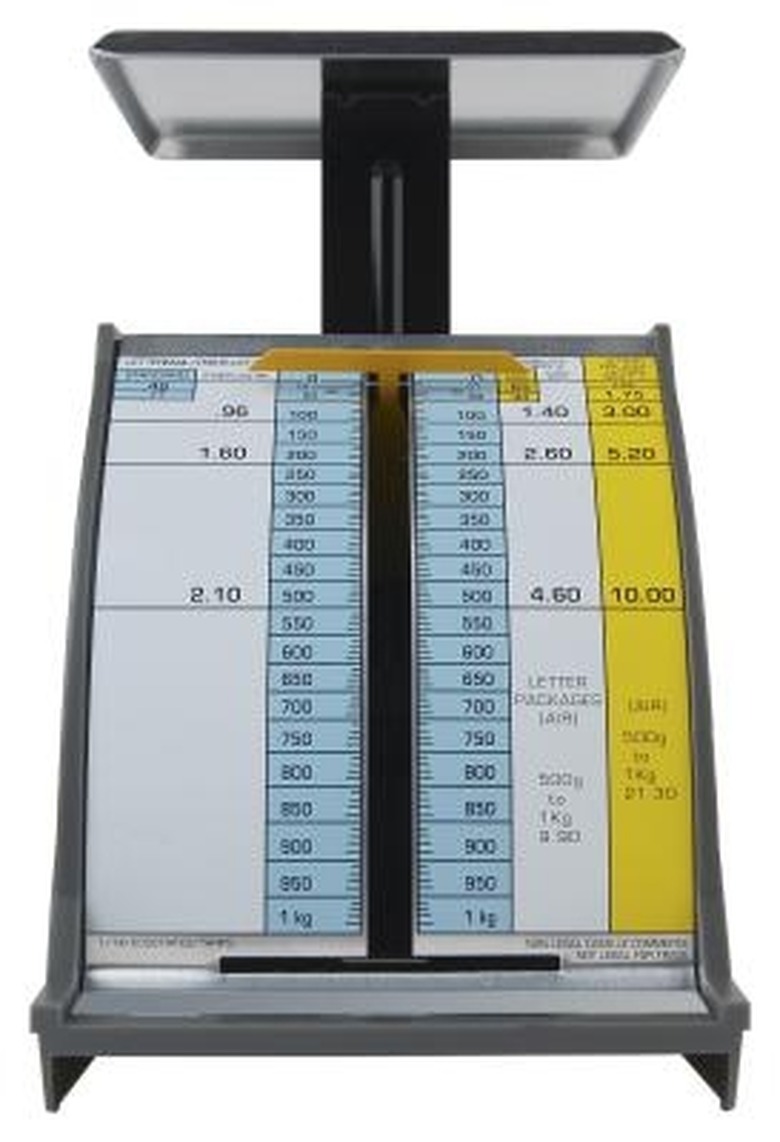Metric To Pound Conversion
The metric system is used in almost all countries of the world, with the most notable exception being the United States, which uses the U.S. Conventional System or the gravitational system of measurement. The metric system was invented by scientists during the French Revolution. This was the beginning of what was to become the International System of Units, or SI for short, a universal measurement system used by scientists. One advantage of the system is that, to convert units from one to another, you simply multiply them by factors of 10.
Kilograms to Pound
Kilograms to Pound
A pound is equal to 0.45359237 kg. Another way to state the relationship between pounds and kilograms is 1 kg = 2.2046 lbs.
If you know the number of kilograms, all you have to do to get pounds is to multiply that number by 2.2. For instance, 10 kg: 10 x 2.2 = 22 lbs.
On the other hand, if you have pounds and need to get kilograms, you can divide by 2.2. For instance, 220 lbs: 220 ÷ 2.2 = 100 kg.
Of course, since 1 pound also equals .454 kg, another way to convert from pounds to kilograms is to multiply the number of pounds by .454. For instance, 220 lbs: 220 x .454 = 100 kg.
It is important to keep in mind that we are rounding these conversion factors and results for ease. Thus, the conversions yield approximate results.
Grams to Pounds
Grams to Pounds
Since 1,000 g equals 1 kg, 1,000 g also equals 2.2046 lbs, but that's an awkward relationship to deal with when figuring out conversions. Instead, remembering that a pound equals .45359237 kg, you can figure out how many grams there are to a pound:
Start with the equation 1 kg = 1,000 g. Multiply both sides by .45359237 to keep them equivalent. This results in the equation .45359237 kg = 453.59237 g. Thus, .45359237 kg = 453.59237 g = 1 lb.
Now that you have this, employ the same procedures you used to convert pounds to kilograms to convert pounds to grams: multiply the number of pounds by 454 to get the approximate grams. You can divide the result by 1,000 to get kilograms. For instance, 10 lbs: 10 x 454 = 4540 g. 4540 ÷ 1000 = 4.44 kg.
To check our approximations, let's multiply 4.44 by 2.2 (remember, 1 kg equals 2.2 lbs, so if you have the amount of kilograms, you multiply by 2.2 to get an approximate number of pounds). Multiplying 4.44 by 2.2 gives you the product of 9.77, which rounded up is 10: 10 lbs = 4,540 g = 4.44 kg.
As you can see, shearing off decimal places for these conversions really does make the results approximations. It's important to keep that in mind.
References
- The New York Public Library Science Desk Reference; Patricia Barnes-Svarney, Editorial Director; 1995
- NIST Reference on Constants, Units and Uncertainty-National Institute of Standards and Technology
Cite This Article
MLA
Johnson, Sophie. "Metric To Pound Conversion" sciencing.com, https://www.sciencing.com/metric-pound-conversion-5316119/. 24 April 2017.
APA
Johnson, Sophie. (2017, April 24). Metric To Pound Conversion. sciencing.com. Retrieved from https://www.sciencing.com/metric-pound-conversion-5316119/
Chicago
Johnson, Sophie. Metric To Pound Conversion last modified March 24, 2022. https://www.sciencing.com/metric-pound-conversion-5316119/
